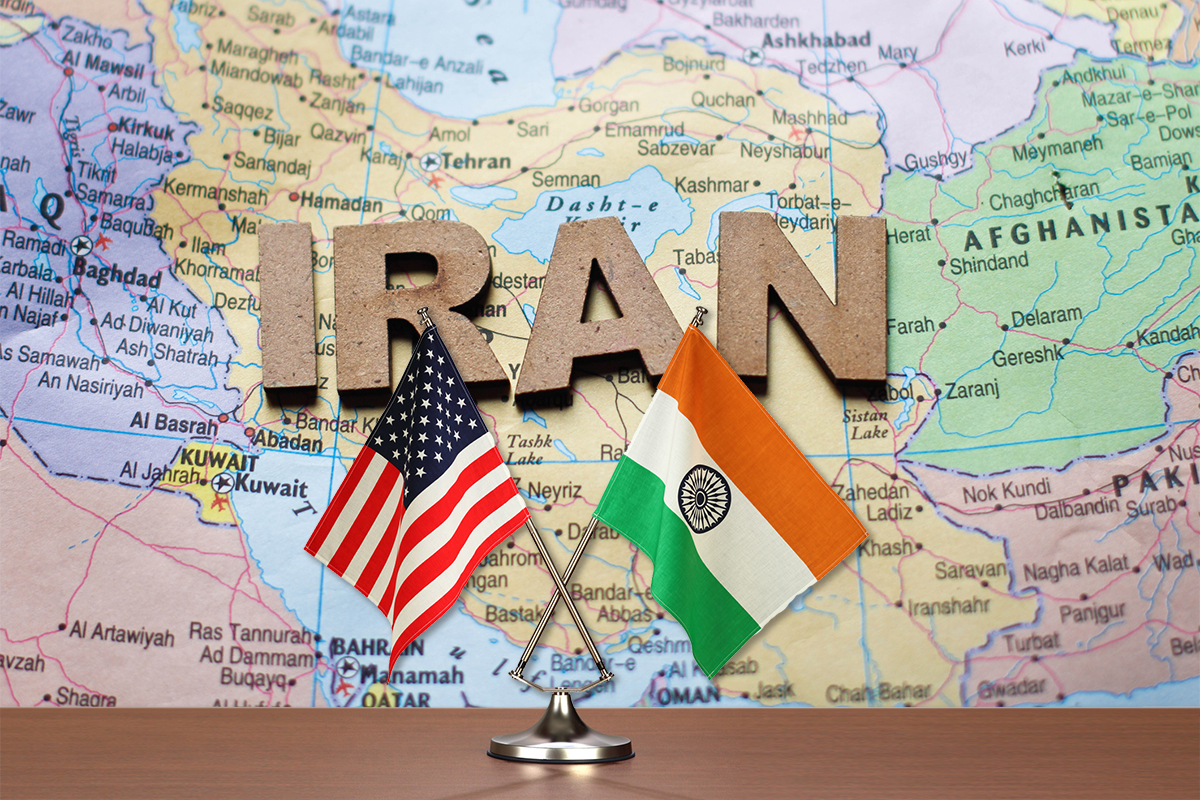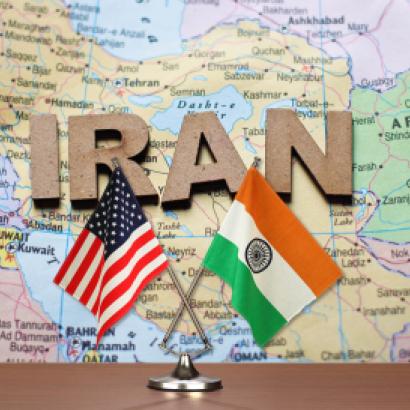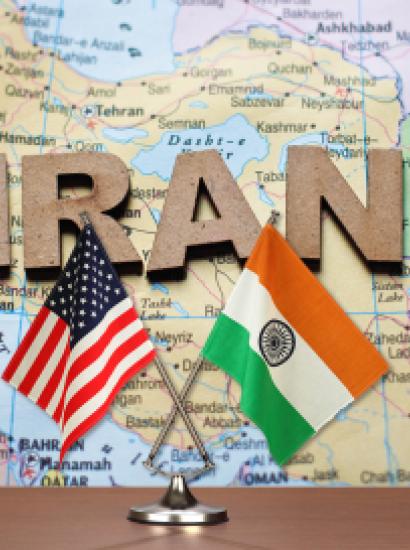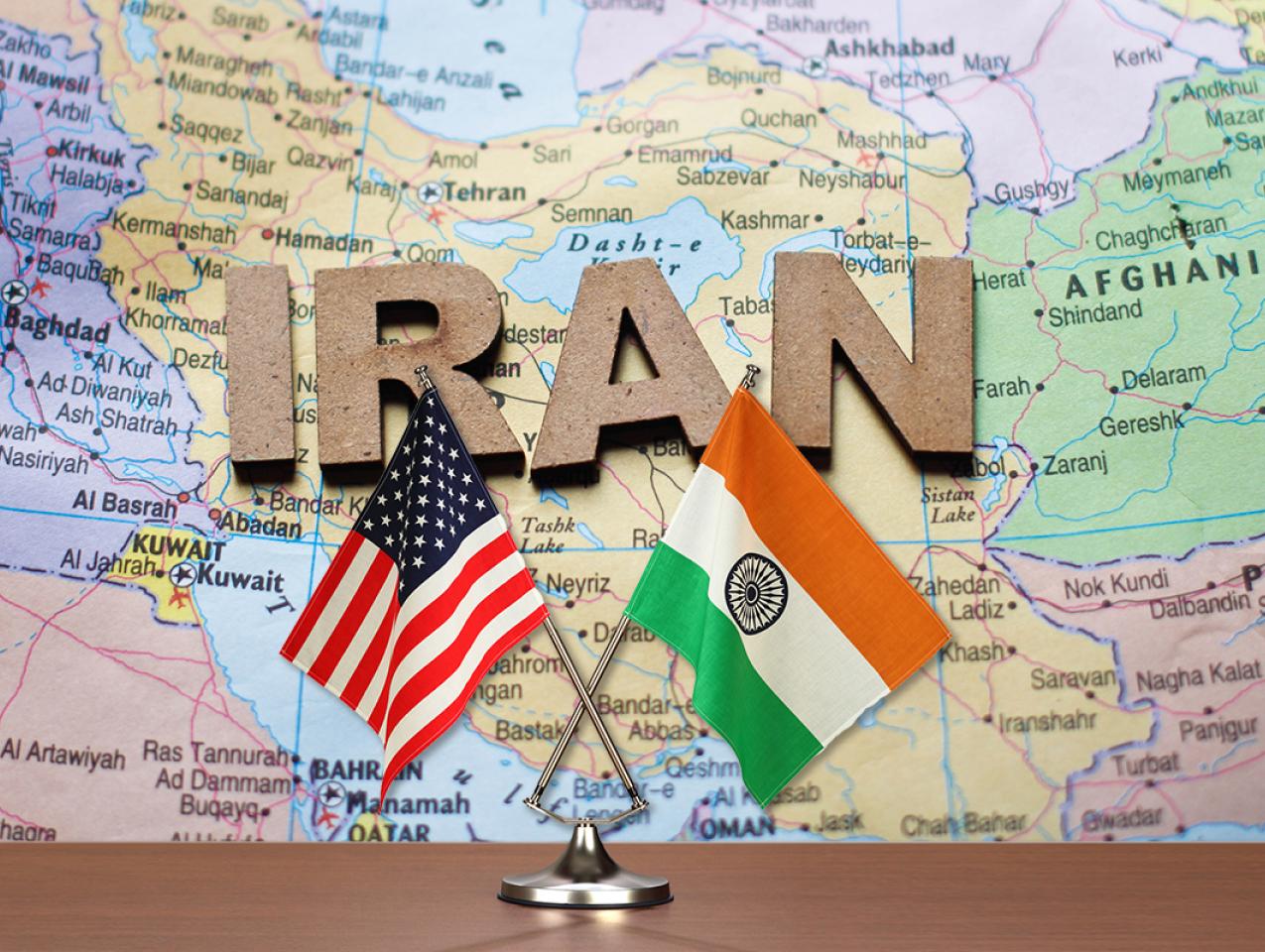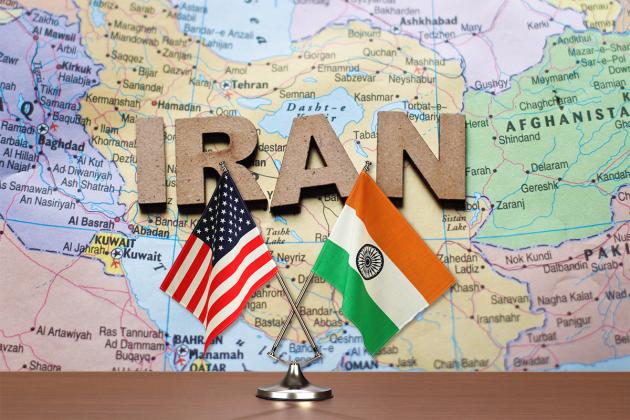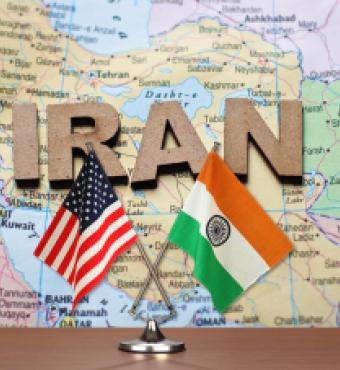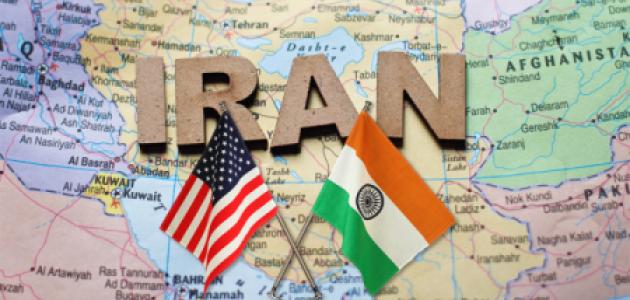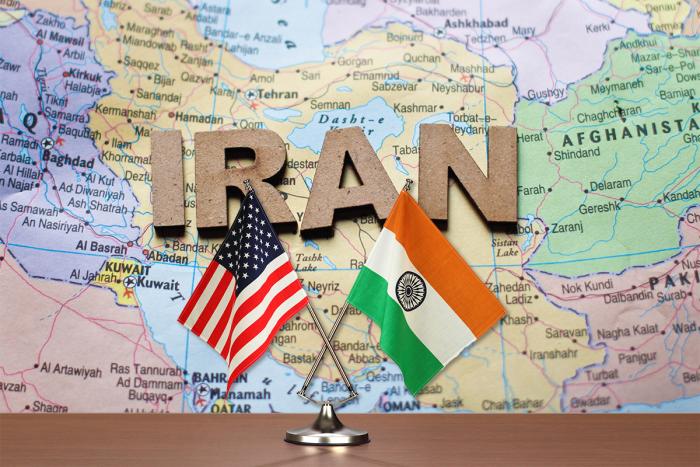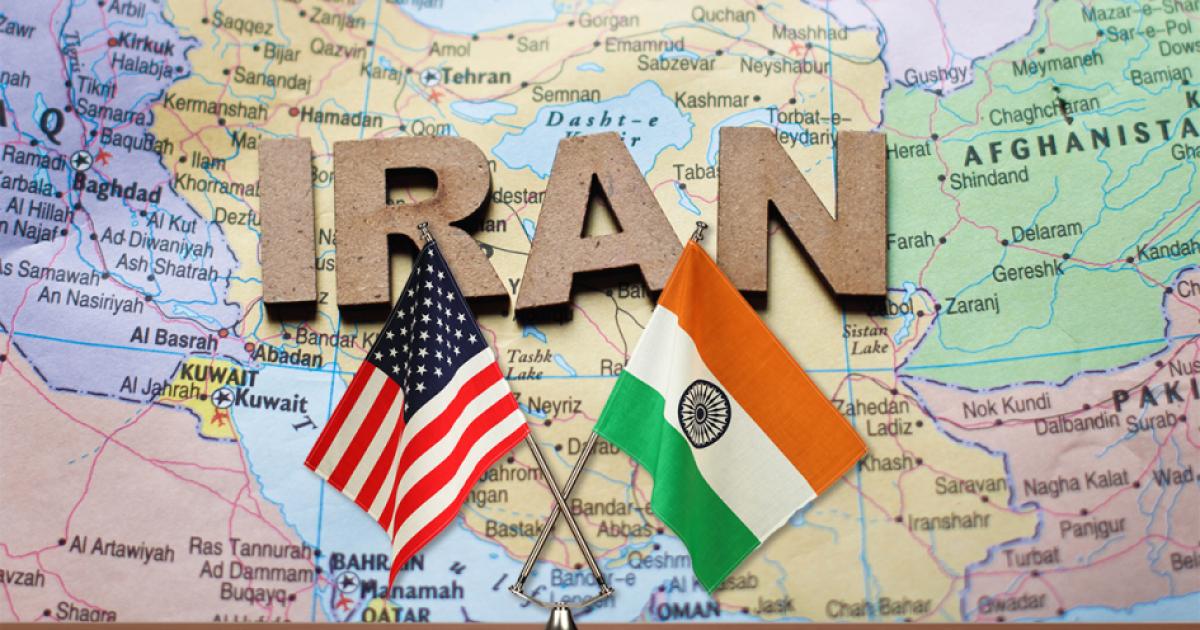- Middle East
- Revitalizing History
The Hoover Institution's Working Group on the Middle East has initiated an important discussion that is particularly significant to me, a Hoover scholar of Middle Eastern Jewish origin, born and raised in India, who has had the privilege of representing the U.S. in negotiations with Egypt, Iran, and Israel.
New collaborations and alliances in the Indo-Med and Indo-Pac relations will continue to emerge, as the U.S. shifts resources and attention to dealing with current great power rivalries. Many types of such collaborations should be anticipated. In this context, I want to propose a concrete collaboration that poses difficulties but could prove meaningful, specifically: to enlist India as a channel for exchanges between Iran, on the one hand, and the Arab States or Israel on the other.
The need for such a trusted channel of communication is great. Hostility between some Arab States and Israel, on the one hand, and Iran on the other, is acute and calls, not only for strong resistance to Iranian aggression, but also for diplomatic initiatives that could potentially improve relations and reduce the prospects of further escalation.
Most Arab States and Israel regard Iran as their gravest threat. The Economist estimates that the time Iran needs to develop a nuclear weapon has decreased from a year to at most a “few months.”1 Iran actively supports Hezbollah in Lebanon, the Houthi in Yemen, Assad in Syria, and Hamas in Gaza. Unless Iran modifies its conduct, Arab States and Israel will likely coordinate and escalate their responses; and some Arab States will seek their own nuclear weapons, leading to an ominous arms race in an unstable region.
It is unrealistic to expect Israel or the Arab States to shape and manage a negotiating channel with Iran. No Iranian government under the present regime would allow itself to be seen as dealing directly with Israel. Some Arab States occasionally interact diplomatically with Iran, but their distrust of Iran is strong, since Iran is actively engaged in using force, arms, and influence to increase Shiite power at the expense of the Sunnis and threaten existing power structures in Arab states.
Why India? The world has seen, over the last thirty years, a revolution in the relationships among India, the Arab States, and Israel. India has long had good relations with the Arab States, and its relations with Israel warmed rapidly after 1992. Today, Israel is India’s biggest supplier of technology and annual bilateral trade is some $10 billion. Trade between India and the Arab States is much higher. Scientific, security, and cultural contacts are also robust between India and both the Arab States and Israel. Significant numbers of Indian expatriates reside in Gulf states.
At the same time, India has good relations and many economic projects with Iran. The loss of Afghanistan to the Taliban has disrupted some important projects but others remain active, and half of India’s oil has come in recent years from Iran.
India certainly has the diplomatic capacity and experience to test Iran’s willingness to engage. As Ambassador Abhyankar’s excellent and informative book Indian Diplomacy explains, India’s constitution, its ideology, its diplomatic history, and its interests align with the objective of advancing world peace and the settlement of international disputes.2 India’s leadership of the non-aligned group of nations during the Cold War is properly seen not as a lack of international engagement, but rather as a deliberately shaped international initiative that increased India’s international role and influence. India’s primary diplomatic focus today is to increase its capacity to deal with its own interests and needs. However, India’s close relations with several Arab States and Israel, as well as with Iran, give India a concrete incentive to contribute to reducing the high level of existing hostility. There may be room for India to take on more ambitious diplomatic goals in international relations.
India is historically uncomfortable taking sides between states with which it wants to have good relations. In this case however, it would not have to take sides; it would only have to know its assistance is accepted. India would certainly be more likely to test this idea effectively than the U.S., which has a dismal record in diplomacy with Iran.3
Would Iran respond to Indian mediation? Iran poses a grave danger to the Arab states and Israel, and it will be a major challenge for any actor, including India, to help alleviate that danger. It was difficult during my five years of negotiating in The Hague to get Iran to accept constructive resolutions of economic disputes. That difficulty pales in comparison to reaching constructive arrangements with Iran on current security disputes. Yet several factors are at work that could, with the right interlocutor and approach, make it possible to establish a useful channel as a first step toward productive diplomacy.
First, it is important to acknowledge that Iran has made and lived up to many international agreements, including some with the U.S. Iran has at least three times offered to negotiate security and economic arrangements with the U.S. but was rebuffed. It is currently suffering huge economic hardships due to sanctions and the impact of the pandemic. It is actively seeking economic engagements, even with Sunni-controlled states. For example, after a five-year hiatus in relations, Ali Shamkhani, Iran’s top security advisor, warmly welcomed UAE security adviser Sheikh Tahnoon bin Zayed to Tehran.4[iv]Iran knows, moreover, that the Arab states are actively cooperating to enhance their capacity to respond to Iranian aggression; in December Saudi Crown Prince Salman completed a tour of Gulf State allies for that purpose. Iran also knows that Israel has become more willing to launch attacks on Iran’s nuclear program within Iranian territory and seems resolved to take whatever steps may be required, within its capacities, to prevent Iran’s acquisition of nuclear weapons.
Given these circumstances, Iran might well be interested in discussing, via India, issues it has with Arab States or Israel to see if progress could be made on any of its concerns.
Structuring an Approach: India’s diplomats can be relied on to do a careful job in structuring an effective approach to Iran. India should begin by learning from each interested state, including Iran, the subjects each regards as potentially worth pursuing. Iran’s nuclear activities are the primary concern for Israel and the Arab states, not to mention the US and the Europeans. Still, that subject would likely be difficult to pursue until progress has been made on other, more tractable matters.
Based on my experience with Iran, I would anticipate the following reactions. Iran would be surprised by the proposal, but curious rather than dismissive. It would ask India which states had indicated interest in such a process and follow up with questions such as: What issues do they have in mind? Does India think they are sincere? And would those governments be willing to discuss dealing with specified issues of Iranian concern?
These expectations are not pure speculation. They are based on an exercise in which I engaged on Israel’s behalf after I left the State Department in 1990. A high-ranking Israeli official, who knew I was representing people in claims against Iran, asked me to raise with my Iranian counterpart the issue of Ron Arad, the Israeli navigator captured during the war in Lebanon who had gone missing. I agreed to do so on a strictly pro bono basis.
When I raised the issue of Arad my Iranian counterpart responded: “We are aware of the missing navigator but he is not in our custody and we do not know who controls him (or his body).” This message was delivered as though Iran had nothing further to say on the subject. But the discussion took an interesting turn.
The Iranian continued: “We find it curious that Israel should seek our help in such a matter when it is unwilling to live up to its own legal responsibilities.” “What responsibilities,” I asked. The Iranian then described two major contract claims Iran had against Israel, to which it had tried in vain to get Israel to respond in arbitration. The Iranian negotiator in essence said: “Israel has refused to agree to resolve our claims according to applicable law. That is not how a party interested in justice should behave.”
These exchanges did not establish an express connection between Israel’s interest in the navigator and Iran’s interest in getting its claims heard. But after over five years of negotiating with the Iranians I was certain that Iran’s responses signaled a willingness to work on Arad, if Israel agreed to work on Iran’s claims.
I conveyed this information to the Israeli official whom I was helping. He said if Iran was talking about a quid pro quo, why not make it explicit? And, given the importance of the issues, why not have an Israeli present in the negotiation to enhance confidence in the accuracy of representations?
The Iranian response to these queries remains instructive. Iran was not prepared to be seen as negotiating with Israel. It was, however, prepared to respond to Israel’s inquiry regarding Arad; and it also wanted Israel to respond to its financial claims. It contemplated, not a quid pro quo, but a process in which Iran and Israel might act in a manner that led to mutually beneficial results.
I explained to the Israelis that this method of negotiation was analogous to the concept in U.S. antitrust doctrine of “conscious parallelism”. While it is criminal for companies to set prices, it is lawful for them to match each other’s prices and each other’s price changes. Similarly, Iran contemplated that, rather than making any agreement with Israel, the two states could consciously act in a manner responsive to each other’s actions, in effect matching each other’s acts in order to provide a basis for further, responsive actions.
My Israeli interlocutor was prepared to proceed on this basis. He realized that Israel had nothing to lose by making a gesture of some sort to which Iran might respond with a corresponding gesture. Unfortunately, his superiors insisted on explicit understandings, and the negotiation ended. Israel continued its efforts to find Arad, but the method Iran proposed might have been more effective, pointing to a form of engagement with Iran that may be practicable, and that an interlocutor should consider using.
In sum, I recognize that the idea of using India as an interlocutor with Iran would take time to establish and would have to begin with relatively modest objectives. Commitments would likely have to take the form of informal, conscious acts that advance the parties’ specified objectives rather than explicit arrangements. These are not unfamiliar challenges in diplomacy, however, and India would be especially capable of managing such a process, which could prove helpful in ways we cannot now fully anticipate.
Finally, if the process were exposed, as we have learned to expect, India would be in the rare position to be able credibly to say that India is always on the lookout for ways to help its friends get along with each other.
* 1 https://www.economist.com/middle-east-and-africa/2021/10/12/a-new-crisis-between-america-and-iran-looms.
2 Rajendra M. Abhyankar, Indian Diplomacy: Beyond Strategic Autonomy (Oxford Press 2018), pp. xix, 336, 342 (India aspires “to bridge global divides through ‘non-aligned and multilateral engagement in a globally interdependent and economically integrated world.’”).







